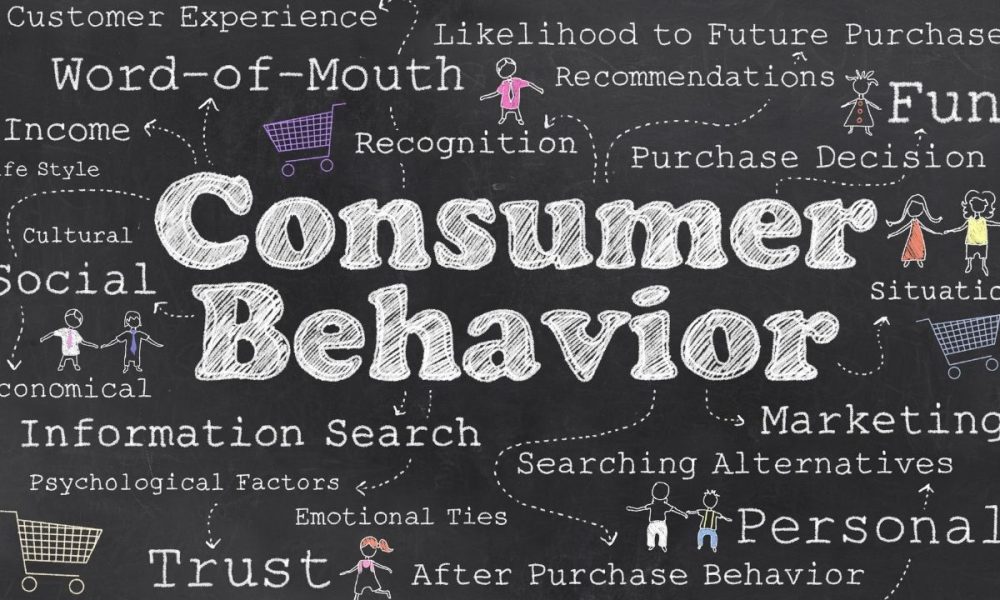Any business owner that wants to be successful must master the art of understanding consumer behavior. If a brand is unaware of what motivates their target audience to make a purchase, they cannot align their products, services, and marketing strategies with their customers’ needs. As consumer behaviors are constantly changing, companies must learn how to identify these shifts and make adjustments to accommodate current times.
Take 2020, for instance. In 12 months, there has been a pandemic, economic crisis, civil unrest, natural disasters, and political mayhem. This series of chaotic events have directly and indirectly affected what consumers buy and why. If businesses continue to survive, they must identify these changes and make necessary changes that appeal to the masses. Continue reading to learn more.
Supporting Local Businesses
Before the pandemic, major brands had a large lead on smaller businesses when it came to acquiring new customers. They had more capital, support, and resources to invest in marketing and sales efforts, which smaller companies couldn’t compete with. For example, consumers were more likely to choose Best Buy over a neighborhood mom and pop shop for computer repairs.
Since the pandemic, however, small businesses have gained traction in customer acquisition. As news reports talk about the pandemic’s financial impact on local organizations, consumers began to pay attention. They now have a clear understanding of how their support of local businesses stimulates the local economy.
Supporting Social Causes
There was a time when getting involved in social and political causes was bad for business. The idea was that showing your support for one side or another could isolate potential customers. Therefore, most organizations remained neutral.
Current times have resulted in a shift in consumer behavior. As media platforms expose more social and political weaknesses, people want to do more to show their support. Standing in their belief and supporting a cause trickles down to their purchase decisions. The average consumer prefers to spend their money with brands that aren’t afraid to stand for something.
Someone passionate about civil rights and social injustices would buy lunch from a restaurant that donates a portion of their earnings to inner-city schools or urban charities. Similarly, someone who believes in fair labor and wage laws would prefer to purchase coffee from vendors who offer fair trade coffee brands.
Economically Sound Purchases
Before all hell broke loose in 2020, consumers were known to splurge on items they wanted, despite going into debt to acquire them. If a product or service were new, innovative, or trendy, they’d purchase without considering their circumstances.
The weak economy and uncertainty in the job market have caused yet another shift in consumer behavior. More people are making financially sound purchases. They’re considering whether it’s a need or a want, researching how a product or service will benefit their life, and evaluating their finances before making up their minds. Essentially, the pandemic has taught people the importance of financial stability and making the most of what you have.
Health, Safety, and Longevity
It’s not uncommon for people to make purchases without considering how it will impact their health, safety, or longevity. They see a product or service that they want and purchase based on their immediate need or desire. This concept led to a lot of frivolous spending and wasted time and poor health.
The pandemic has caused the average person to prioritize their health and safety. They’ve also been encouraged to invest in their futures. Today’s consumer researches everything from the environmental impact and ingredients to the level of COVID safety practices implemented in an establishment, and the advantages of a product or service long-term.
There is no greater motivator in consumer behavior than chaotic times. When life exposes harsh truths through a series of unforeseen events, it results in inner reflection. Consumers look at the world’s state and how it has directly or indirectly affected their personal life, ultimately resulting in changes to their purchasing habits. If national and local brands can take this into account and implement changes within their organization, they’re sure to accommodate their customers in the years to come.

